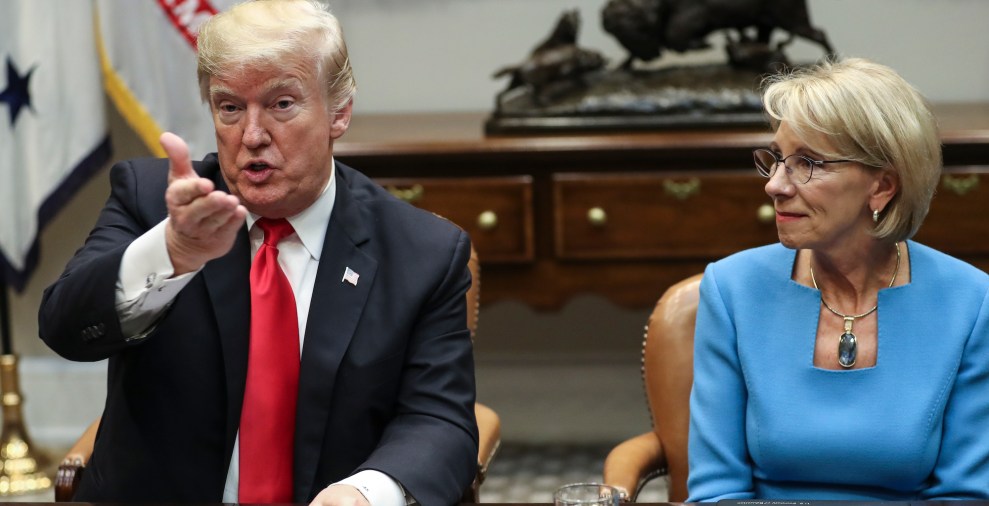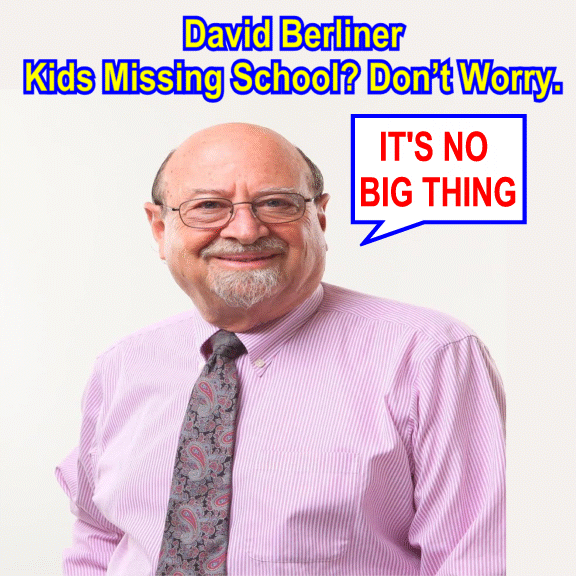SSPI Renews Call for Investments in Tech Needs - Year 2020 (CA Dept of Education)
State Superintendent Tony Thurmond Renews Call for New Investments as Technology Needs Still Unmet for Many California Students and Schools Look to Reopen
SACRAMENTO—State Superintendent of Public Instruction Tony Thurmond on Wednesday called on California’s cross-sector partners to accelerate investments that can help all California students access the technology they need to succeed academically in all educational settings. During a virtual media check-in earlier today, Thurmond stressed the importance of the continued efforts to support California public school students’ widespread technology needs as schools look to possibly utilize distance learning in the fall. As plans for the next school year are being made now, most will likely including a component of distance learning, and students will only be successful if they have equitable access to devices and internet connectivity.
“Before the pandemic, we knew there were huge inequities that existed in regards to student access to devices and internet connectivity. The effects of COVID-19 have only made this more visible and created a sense of urgency that we must address now,” said Thurmond. “Access to technology and reliable, affordable internet is not only necessary for distance learning but also for lifelong success. It’s time we level the playing field for our students.”
During today’s news conference, the State Superintendent announced that it will cost at least $500,000,000 to meet the technology needs of all students. He thanked those that have donated and called upon others to consider donating now. He also invited Verizon to announce a new opportunity for students and their families to receive discounted service and hotspots for internet connectivity. The agreement was originally between Verizon and the Los Angeles Unified School District (LAUSD), but thanks to the work of the Closing the Digital Divide Task Force, Verizon has graciously extended the offer beyond LAUSD, and it is now available to any districts located in Verizon’s service areas throughout California.
In addition to efforts being made to close the digital divide, Superintendent Thurmond also announced that the California Department of Education (CDE) is planning to release guidance on reopening schools in early June. He discussed ways that schools will need to implement safety considerations, such as providing face coverings for students and staff, maintaining physical distance of six feet, and taking temperatures as students and staff enter school campuses. Many of these measures will require increased costs for schools, and he reminded viewers of the need for support from the federal government via stimulus money to help schools offset these increased costs to safely reopen campuses. Federal support is also needed to help reimburse funding for nutrition service efforts as meals continue to be provided to students and families during this time.
# # # #
Tony Thurmond — State Superintendent of Public Instruction
Communications Division, Room 5602, 916-319-0818, Fax 916-319-0100
SSPI Renews Call for Investments in Tech Needs - Year 2020 (CA Dept of Education)






















